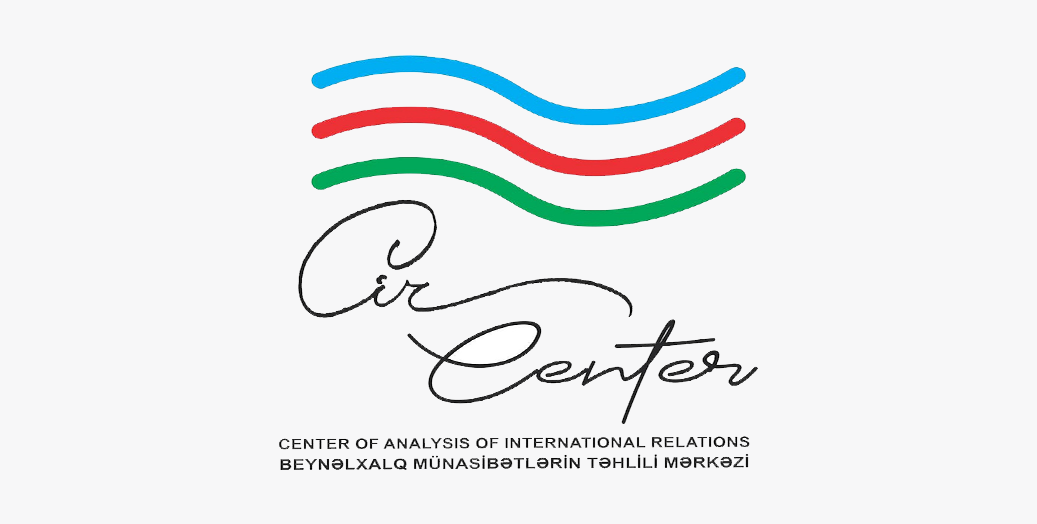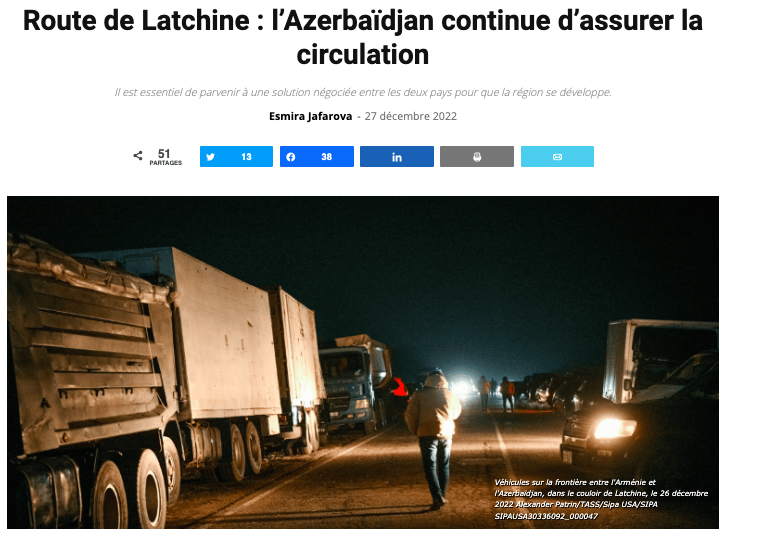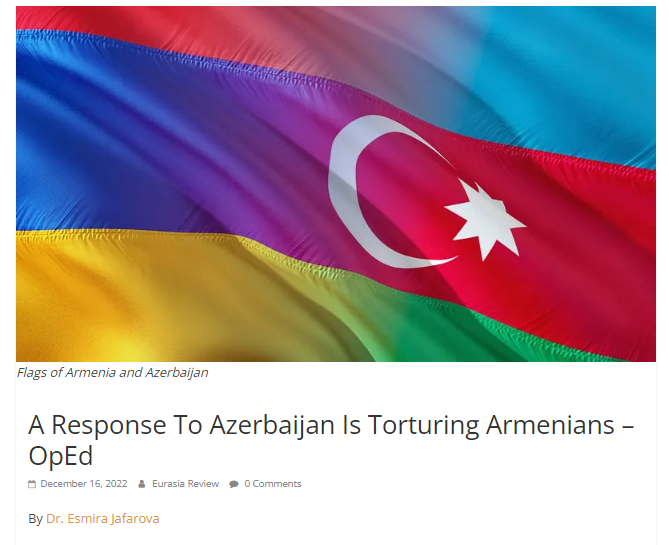When Armenia occupied about 20 percent of Azerbaijani territories in the consequence of the military assault against the latter and the resulting active military hostilities at the beginning of the 90s, little did it know that its victim will soon thrive into a self-sufficient and welfare state against all odds. Azerbaijan having embarked on full-fledged cooperation with its international partners over the exportation of its hydrocarbon resources upon signing of the Contact of Century in 1994 has since risen from the ashes and metamorphosed into the regional leader in the South Caucasus with justifiably even greater ambitions that might qualify it as a “middle power”.
All the regional energy and infrastructure projects such as Baku-Tbilisi-Ceyhan oil, Baku-Tbilisi-Erzurum gas pipelines, a multimillion megaproject Southern Gas Corridor as well as Baku-Tbilisi-Kars railway and similar connectivity projects that are today the inalienable elements of a resourceful and thriving modern Azerbaijan, had nonetheless bypassed Armenia. Due to its occupationist policy, Armenia self-deprived from getting a piece of the pie that fully goes to its neighbors, Georgia and Turkey. Occupation policy has already taken a great toll on Armenia’s economy and it seems that neither the former, nor the incumbent leadership of Armenia understood or have any vision on how to extract a country from its predicament.
The consequences of Armenia’s behavior could be explained by some relevant concepts from international relations literature. While trying to understand conflict resolution between the states and conceptually frame the solutions thereof, scholars like Peter Wallensteen suggested “punitive and integrative solutions”. Punitive solutions assert that upon the termination of the conflict “a firm distinction is made between winners and losers”. This establishes “a strong power asymmetry” between winners and losers where the former dominate and latter accept a subordinate role as the “preponderance is the only solution”. In integrative solutions, however, it is suggested: “to integrate the loser quickly into the new international or regional order…normalization should follow, with rewards for good behavior, an extension of respect and incentives for non-aggressive stances”. This perspective is named as being a long-term and reformist and embodies an idea of reintegration. Asymmetry in this relationship is less visible inasmuch as it contains a genuine willingness to reintegrate. The strategic goal is “to change the asymmetric relationship into a mutually beneficial partnership”.
Without dwelling on greater details of the conflict resolution process between Armenia and Azerbaijan, I would like to argue that it will be in the best interest of Armenia to forgo its occupation policy and change its hostile policy and rhetoric. The liberation of Azerbaijani territories is a matter of time as the country has vowed not to yield an inch of its internationally recognized lands to anyone. The negotiation process that is being mediated by the OSCE Minsk Group since 1997 is still ongoing with Azerbaijan assertively standing out as a strong and persistent state bent on sooner or later returning its occupied territories. Consensus also lies with the fact that the Armenia-Azerbaijan conflict is not a “frozen” conflict, with intermittent violations of the ceasefire adding up to the sense of insecurity. Every conflict is unique, despite the existence of some general categorization of types of conflicts. However, no conflict lasts forever, and there will always be winners and losers. Armenia has no chance to win this unfair conflict that it has imposed upon Azerbaijan. No matter how hard its functionaries try to sell the narrative of a “prosperous and evolving” Armenia, it does not hold a candle to Azerbaijan’s military might, economic sustainability and increasing regional and international standing. Hence it should be in Armenia’s short and long-term interest to liberate the occupied Nagorno-Karabakh region and seven adjacent districts of Azerbaijan in accordance with the four UN Security Council resolutions (822, 853, 874, 884) and genuinely work towards attaining and consolidating a fair and lasting settlement. So far, this genuine intention was absent from Armenia’s approach to the negotiation process.
The recent statements of Armenia’s leadership about the non-existence of any sorts of proposals on the negotiation table added more fuel to the fire. More specifically, Armenia’s Prime Minister Pashinyan in response to Russian Foreign Minister Sergei Lavrov’s words that draft settlement based on a phased approach, proposed on April 15, 2019, in Moscow, is actively discussed, said that after the change of leadership in his country in 2018 no new document was submitted related to the resolution of the conflict and the old proposal was no longer acceptable. Moreover, holding the “inauguration ceremony” of the “newly elected leadership’ of the separatist regime in Shusha – the city of an utmost emotional significance for Azerbaijanis – on 21 May stroke the vulnerable cord of Azerbaijanis and further intensified animosities.
This rhetoric and provocations actually demonstrate that Armenia’s leadership is far away from realizing the damage they have already done and are continuing to inflict on their state and nation. If Armenia instead of imitating the negotiations would genuinely work towards achieving peace with Azerbaijan, they would first withdraw from the occupied territories, thus creating conditions for the displaced population to return and then focus on the negotiations towards attaining an integrative solution versus punitive solution for all the damage and pain that it caused to Azerbaijan and its population. An integrative solution for Armenia will mean the opening of communications with Azerbaijan, its reintegration to regional endeavors and inclusion into the comprehensive and ambitious energy and infrastructure projects initiated by Azerbaijan. It will mean that Armenia could finally nibble at the pie that it has been only looking at from distance. Unfortunately, so far Armenia is opting for the potential punitive solution, by punishing its population and statehood today as well as in the future.
https://www.internationalaffairshouse.org/does-armenia-want-an-integrative-or-punitive-solution/






